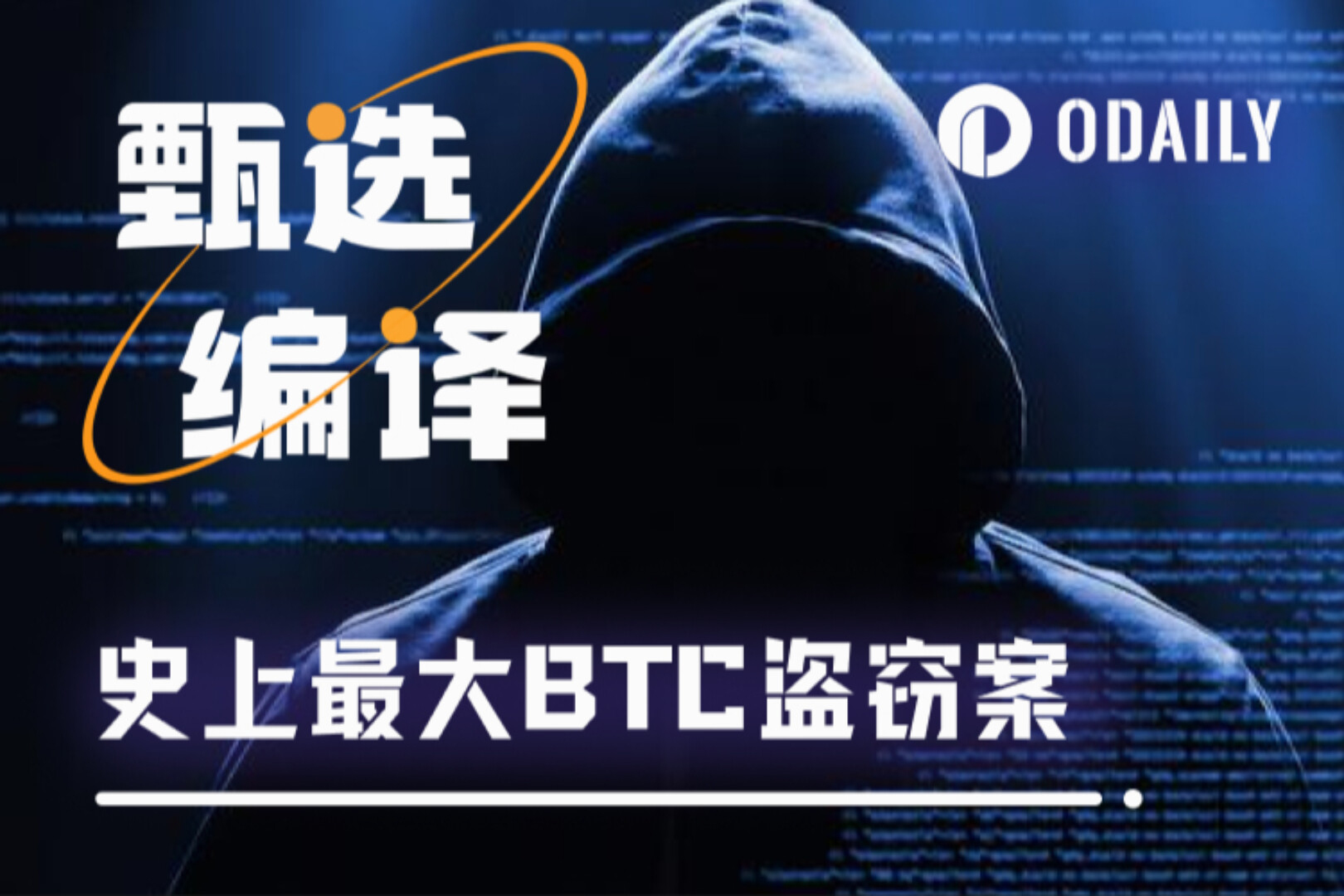Author: mask brother
According to Bloomberg, the cryptocurrency exchange FTX will list trading pairs for popular equity tokens such as Tesla and Amazon. This reminded me of my bumpy US stock investment journey, and it also made me rethink the value of cryptocurrencies.
As one of the most active secondary markets in the world, the US stock market contains too many investment and speculative opportunities. Its market size, liquidity, and intraday volatility during trading hours are all significantly ahead of the cryptocurrency market.
The ten-year bull market in the U.S. stock market may only be rivaled by China's property market. Behind it is not only a symbol of the continuous evolution of technological productivity, but also a microcosm of the Federal Reserve's continuous expansion of its balance sheet.
This year, the popularity of the entire stock market and IPO market is obvious to all. Everyone should know that McCafe, the father of anti-virus who shouted "BTC will soon be 1 million US dollars", often calls the single-currency circle, but you may not know that the company that McCafe chose this year IPOs not ICOs.
Data show that Robinhood and other brokerages have poured in a large number of young retail investors after March, which is similar to the millennials in the cryptocurrency trading world. CIS, a Japanese investor with tens of billions of dollars, once said that where funds flow blindly, there are good opportunities for profit.
The "Godfather of Private Equity" Zhao Danyang also once expressed a point of view that investment must first choose the right market and the right country. Dalio said that the United States and China are the two most active markets in the world today.
The U.S. stock market has the best listed companies from all over the world. This excellence is reflected in two aspects.
image description
The monthly trend of Amazon since its listing
image description
The monthly trend of Sea since its listing
However, many people may not understand how complicated US stock investment is. From foreign exchange control to overseas brokerage rules, you will find that there are too many hurdles.
According to the author's own experience as an example, first you need to exchange RMB into USD. You have two hurdles in this process. The first hurdle is the reason for the exchange; the second hurdle is the exchange rate quota.
After switching to USD, you still need to apply for a Hong Kong card or overseas bank card, and there are about 2-3 hurdles in it. For example, you may need a face-to-face visa, otherwise you have to buy financial products of about 300,000-500,000 RMB.
Of course, you can also entrust an intermediary, but you need to pay an intermediary fee of several thousand yuan. Overseas bank cards generally have high account management fees. If you open a card just to invest in US stocks, it is basically equivalent to an extra few hundred dollars per month.
Wait, this is not over yet, your money has not been remitted to overseas brokerages yet.
When you open an account with an overseas brokerage, you will find "a bunch of hurdles":
Your English is good. For example, if you want to open an account with TD Ameritrade, the largest brokerage in the United States, you will find that there are more types of accounts than mainstream currencies.
Secondly, you will find that some brokerages do not support fractional lot trading (only 1 lot of 100 shares can be traded, imagine that Tesla still has 400 US dollars after 1 split of 5, and Amazon has more than 3,000 US dollars per share), and there is a deposit threshold. Even if there is no deposit threshold, there is a regulation called "PDT Rules" in US stocks.
What are "PDT Rules"? To put it bluntly, if your stock trading assets do not exceed 25,000 US dollars, your number of T+0 transactions is strictly limited. If the limit is exceeded, your account will be forcibly locked for a period of time, not only unable to trade, but even unable to withdraw cash.
In some small foreign exchange brokers, you can use some methods to simplify the deposit process to trade US stocks, but you will find that these trading platforms based on the fiat currency system are often difficult to withdraw cash.
I will not mention any miscellaneous issues such as taxes and dividend taxes.
Many people don't know that in the U.S. stock brokerages, there is a charge for watching the market. Depending on the market category and market level you need, the monthly fee ranges from a dozen dollars to a few hundred dollars. Otherwise, you'll only be able to use 15 minutes of delayed data.
...In the end, you will find that investing in US stocks is not an easy task.
We often joke that it only takes three steps to put an elephant in the refrigerator, and it only takes three steps to trade US stock equity tokens on FTX.
1. Pass FTX KYC2 and CM-E compliance identity authentication:https://ftx.com/tokenized-stocks-kyc;
2. Recharge USDT or BTC;
3. Click the Buy or Sell button.
No need to open an overseas bank account, no need to open a US stock brokerage account, no need to trade 100 shares by 100 shares, no need to pay for real-time market prices.
There is no limit on the number of T+0 times, no limit on pre-market and after-market trading hours, and no limit on the difficulty of withdrawing cash on fiat currency trading platforms.
This is not the most powerful.
What's the meaning?
What's the meaning?
For example, through data analysis, you find that the recent price trend of BTC has a strong correlation with Tesla, but this correlation shows that TSLA drives BTC, not the reverse. Then you can build a combination strategy on FTX: use a USDT margin to short BTC while buying TSLA.
The significance of this event is beyond ordinary. We might as well do a thought experiment, assuming that the FTX platform has tokenized products of various major types of trading assets at the same time, you can even make a margin, and simultaneously long BTC + short gold + long VIX + short Japanese yen + long technology shares similar operations.
I see that some public opinion may question FTX’s listing of US stock equity tokens:
Is it "doing nothing" when a cryptocurrency exchange launches equity tokens?
Is the launch of popular technology equity certificates such as Tesla a "friction"?
How can FTX compete with traditional securities companies and brokers in the equity token trading business?
It is no exaggeration to say that this is not only not doing business properly, on the contrary, looking at today five years later, you may find that this is an epoch-making day in the entire history of financial brokers.
We might as well think about one of the most primitive questions first, what exactly can cryptocurrency exchanges rely on to be invincible for a long time?
I believe that it is neither a pure product, nor a pure technology, or policy support.
If crypto really becomes a major asset class like equity and commodity one day, can current cryptocurrency exchanges compete with Interactive Brokers, TD Ameritrade, or Jiasheng Forex in terms of products, technology, and users?
Absolutely impossible. Just relying on their powerful trading software and the management system accumulated over the years, it is enough to throw away 100 blocks.
Therefore, whether there is a truly innovative trading model may be the most critical point.
Seeing this, some people may be impatient, thinking that saying this is too much talk, FTX will launch a US stock equity token, why are you talking to me about these old-fashioned brokerages and foreign exchange traders?
it's not true. In fact, as the trading volume of BTC futures contracts gradually shifts to CME, Altcoins trading pairs appear more and more frequently on the trading lists of small foreign exchange traders, which is a problem that the cryptocurrency world has to consider.
When we are struggling to find out where the development of cryptocurrencies is going, we often overestimate the value of cryptocurrencies at the so-called "blockchain technology" level, and underestimate the value of cryptocurrencies at the pure transaction level.
If we tokenize all assets such as ETF funds, equity, and commodities, and use the formation of cryptocurrencies to carry global transactions, this will amplify asset efficiency to the extreme.
We cannot be sure which Layer 2 technology will become the mainstream of blockchain expansion, but we can be sure that transactions are the core scenario of cryptocurrency.
The power of Amazon does not lie in how much "Internet technology" it uses, but in terms of business logic to achieve "free flow of goods without borders." Currency is a general equivalent and a specialization of commodities. Therefore, if there is a cryptocurrency exchange that can enable the free flow of assets across borders, barrier-free, and friction-free, then this will be an innovation full of epochal significance.
In the vision of DeFi, there is a very classic slogan called "bank the unbanked".
I'm curious, why can't we "rebank the banked"?
As a medium, cryptocurrencies link all asset classes in the world, which may be the best compromise between ideal and reality.



